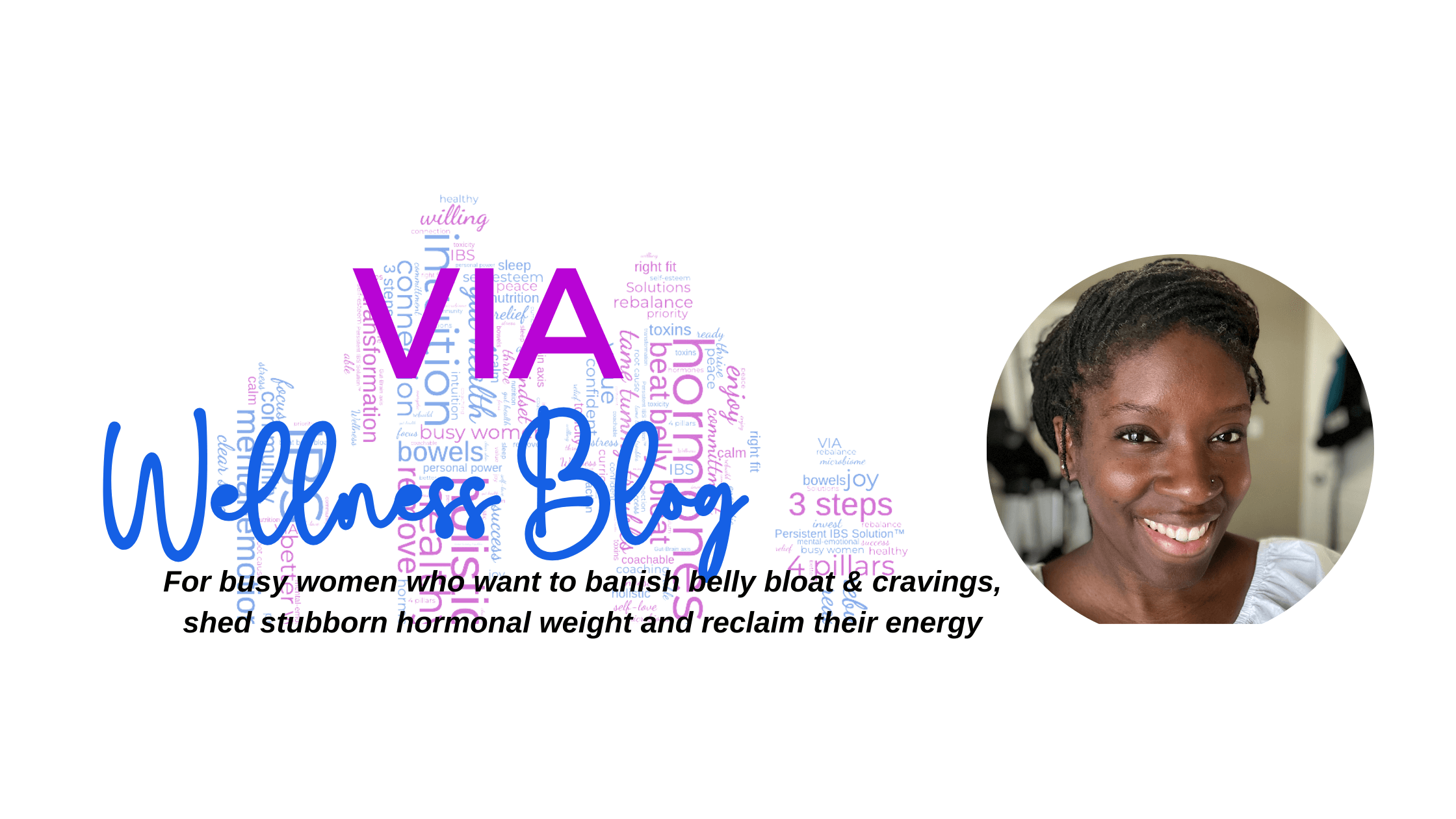
We are officially into the fall, but for lots of people this is often a second shot at all those resolutions set back in the New Year. “This year, I’m going to stick to my exercise routine.” “I’m going to drink more water.” “This time for sure, I’m going to cut back on my sweet-tooth treats!”
We have all heard about the effects of too much sugar on our bodies and health. Mild effects including feelings of highs then lows, fluctuations in mood and spikes in energy. Stronger effects including diabetic retinopathy, peripheral neuropathy and insulin resistance. So why is it that besides our best efforts, we can’t seem to do something as simple as cutting back on sweets?
All food with a carbohydrate content breaks down into molecules of glucose, which is one of three main units of energy our body uses for fuel. The other two are fat and protein. This glucose then becomes the food for all cells of our body to be able to make energy. However, moderation is key. When the body has too much glucose, it may store some in places like the liver. Under conditions like Diabetes mellitus, this glucose may linger in the blood and begin affecting small-medium sized blood vessels as well as nerves. Simple carbohydrate foods include sugars, pastas, bread, some fruit and make the body feel good for a while. When we eat more and more sweets, these “good feelings” continue to activate the reward centres of the brain. These areas can also be activated when a person gambles and wins or is addicted to a substance.
Knowing that sugar can affect our health negatively as well as positively is important. However, there is another reason we can’t give it up sugar (or other things we’re attached to), even when it’s affecting us negatively. The reason is because it is a HABIT; and with all habits, it is something that we do unconsciously that drives our behaviour to do more of the same. So here are 6 steps to kick this habit.
1. Acknowledge it.
Acknowledge that this is a habit; meaning that even in the middle of that bowl of maple pecan ice cream, have the frame of mind to simply say to yourself, ”I know this is a habit.” Or “I really like the taste of this treat.”
No judgement, no guilt. The key here is not to judge the behaviour as either good or bad. Judgement and guilt tend to create feelings and emotions that compound the challenge of stopping the habit. Therefore, simply state your habit as an observation instead.
2. Write it down.
If you really want to change the habit, you have to write down what you want to change, but more important, WHY. For instance, you may want to change this habit so that you can lose an extra 10lbs, or it can be that you want to stay more focused at work so that you can be more productive, or that you’d like to spend time with your children and grandchildren and not be in pain all the time. Whatever your reason is, write it down and begin to experience the feelings associated with the outcome of your goal. That begins the process of choosing different actions going forward.
3. Create a new habit.
It can be as simple as remembering to eat protein at every meal, or, instead of reaching for the ice cream, grab a fruit, or a glass of water instead. By out crowding the subconscious impulse to reach for that treat after a stressful day, or after a fight with your partner, creating a new habit allows your conscious mind to choose in the present moment vs running on automatic. Don’t worry it you don’t get it right away or if you feel like you return to your old habit. Remember, this is a new habit you’re creating. Treat it like a U-turn- turn around and get back on track. Aim for 21 days of implementing your new habit.
4. Limit Exposure.
One of the main reasons habits abound is that we are continuously exposed to them. This goes for healthy and maladaptive habits as well. So to help kick your sugar habit, surround yourself with the tools for success. If that means avoiding the treats in the office lunch room, then do it. If it means taking the route to work that doesn’t pass by the corner Tim’s, then do that too. This will feel easier with time, but for the mean time, aim to limit your exposure.
5. Don’t do it alone.
The best and most long lasting changes happen when you WANT to change them. But sometimes we aren’t as accountable to ourselves as we can be or want to be. Therefore, get a friend who has similar goals. Better yet, find a group and be accountable. Even better than that, find a professional who can help you with the complexities that may not be obvious to you, like a Nutritionist, Naturopathic doctor or similar wellness practitioner. Additional therapies like acupuncture, stress-reduction and other lifestyle approaches can be helpful and effective as well.
Remember, it’s the small steps that count. And each one of them adds up to something bigger and more powerful. This is how habits are broken successfully. It’s also how you achieve wellness in health and life for the long-term. Best of success with kicking your habit. If you're needing a bit more guidance, let's chat!















